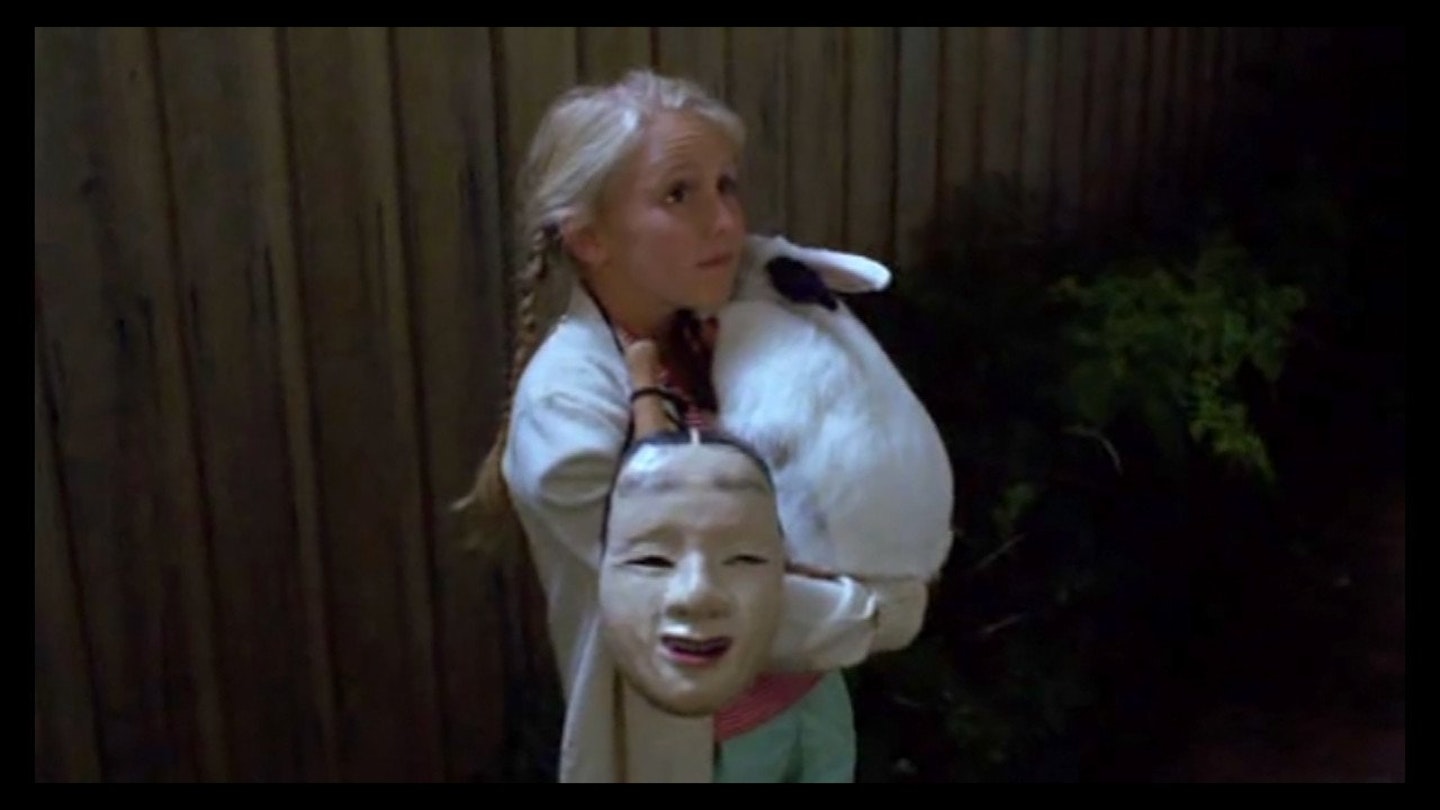This new Australian offering marks a feature debut of astonishing skill. Writer/director Ann Turner, displaying a perceptive grasp of childhood's imagination and emotions, recounts a long, hot summer vacation in the life of a nine-year-old girl, played with startling assurance by Rebecca Smart. An only child, Celia is given to intense depths of feeling, and the death of her grandmother leaves her lonely and prey to nightmares inhabited by the monstrous Hobyahs of her favourite storybook.
Meanwhile, the little girl's desperate longing to own a rabbit is thwarted by her father who views them as vermin, but her collected griefs are assuaged when the Tanners move in next door. Alice Tanner (Victoria Longley) becomes the child's idol, the Tanner home her haven, and the three children her closest companions. Then the little girl's dad discovers that Alice (whom he fancies) and her husband have affiliations with the Communist Party and forbids his daughter any further truck with them. As consolation, he buys her a rabbit, leading to more grief when the government orders their confiscation as a health risk.
This is a brief gloss of the story, which unfolds between Christmas 1957 and February 1958 and is filled with incidents alternately wistful, funny and tender until the relentless hounding of the Tanners and the cruelty to and removal of Murgatroyd the rabbit precipitates an internal crisis in Celia, darkening and perverting her perception of the world, and culminating in a series of shocking events.
The film is original, well-made, and impeccably acted by a well chosen cast Victoria Longley, in particular, has a striking screen presence which powers Miss Turner's exposure of small town bigotry, and if several of the ingredients are familiar, both context and treatment neatly avoid cliché and present oft-used situations with beguiling freshness.
In the minus column, it must be said that Miss Turner relies rather too heavily on convenient coincidences, and on a painful and sentimental contrivance to provide the basis for the startling denouement. And it is in these concluding events that problems arise. Apart from the question of credibility, a disturbing morality emerges which will not please everyone.
